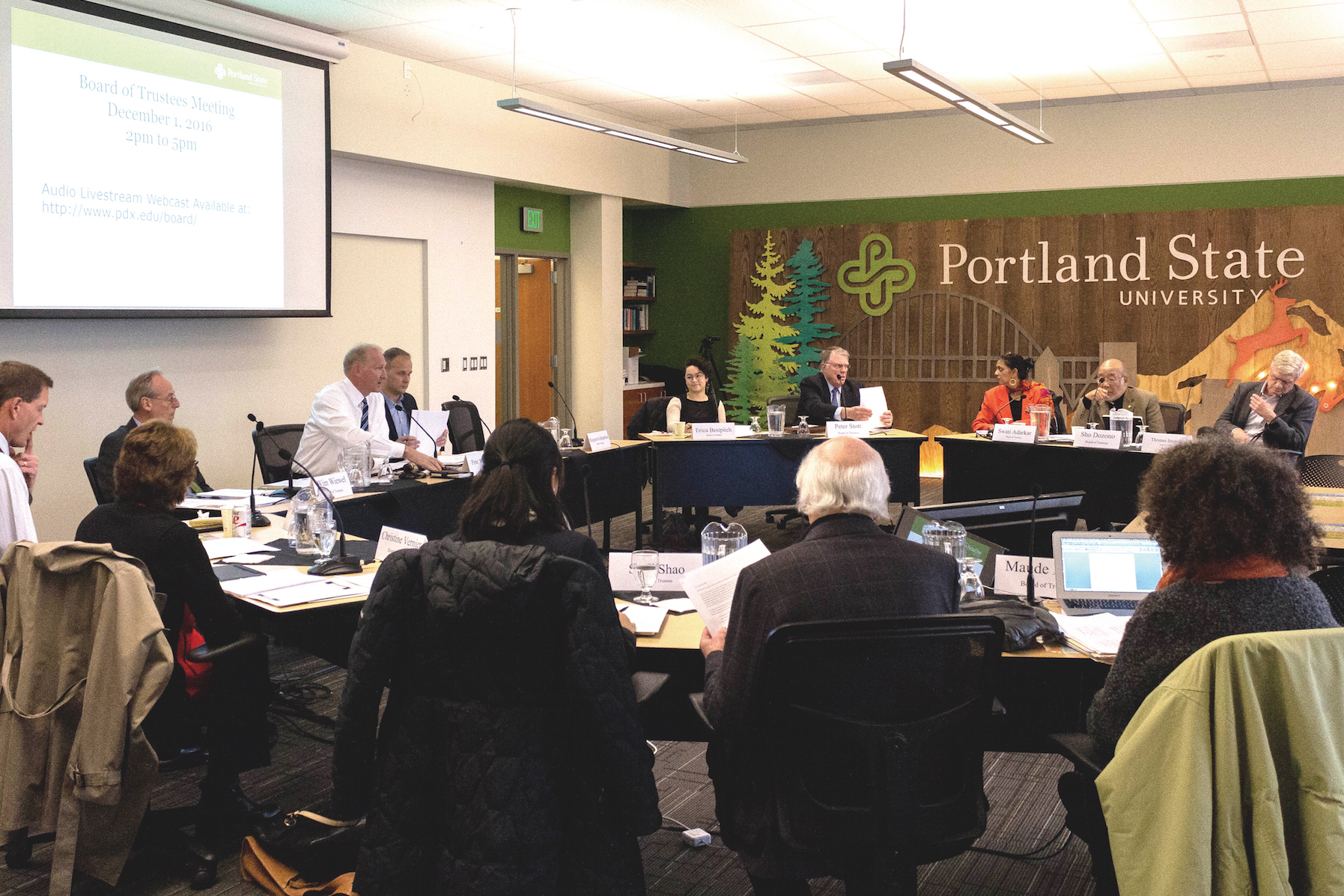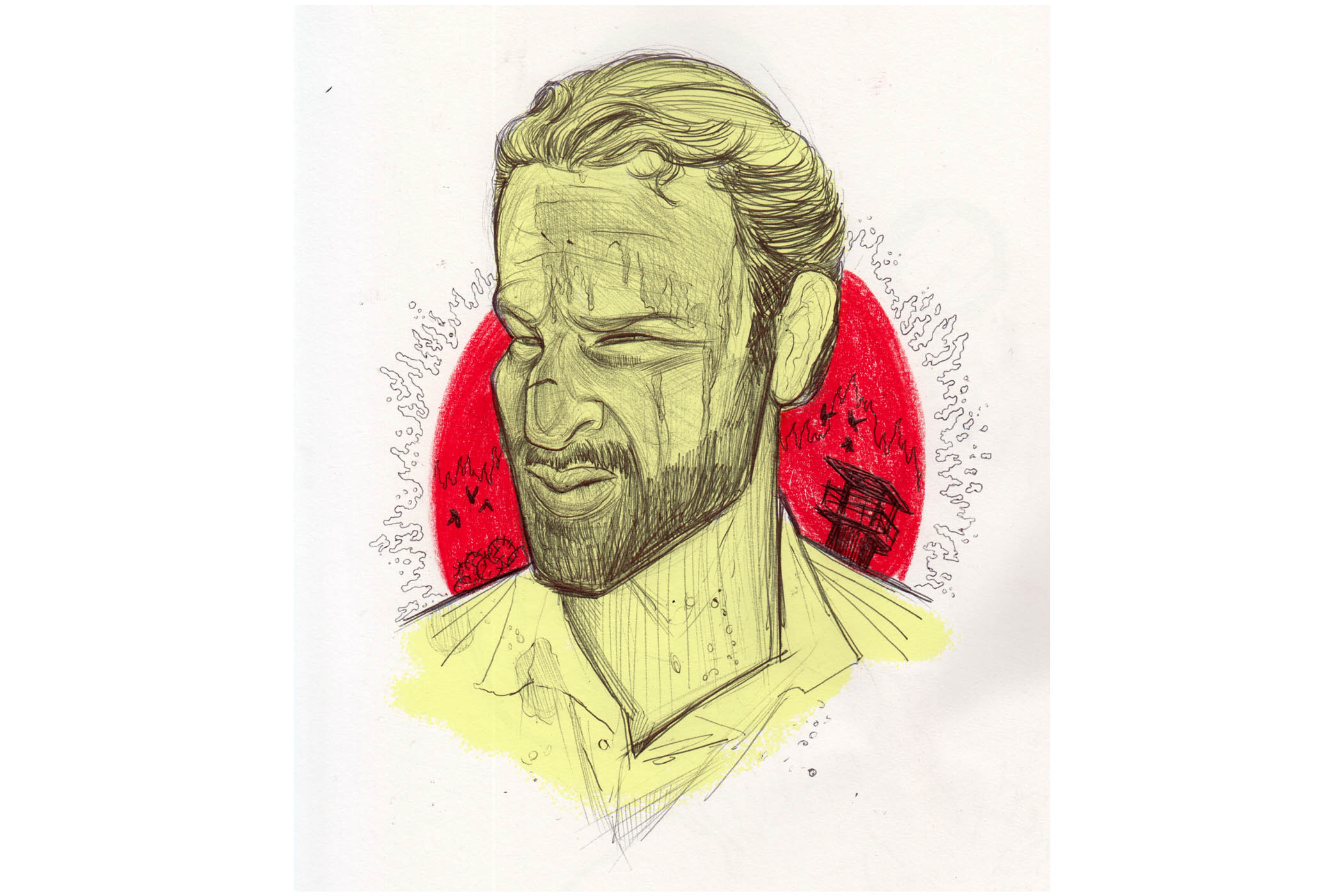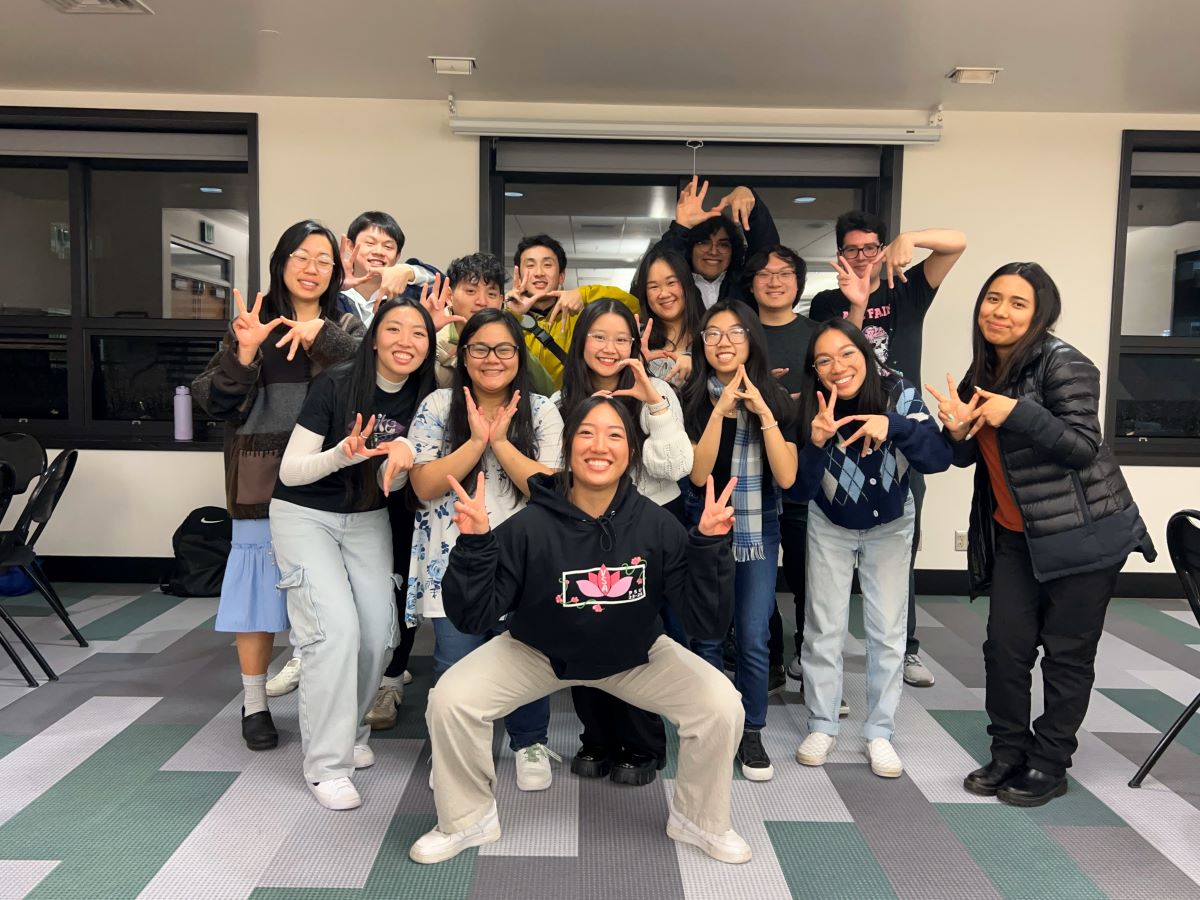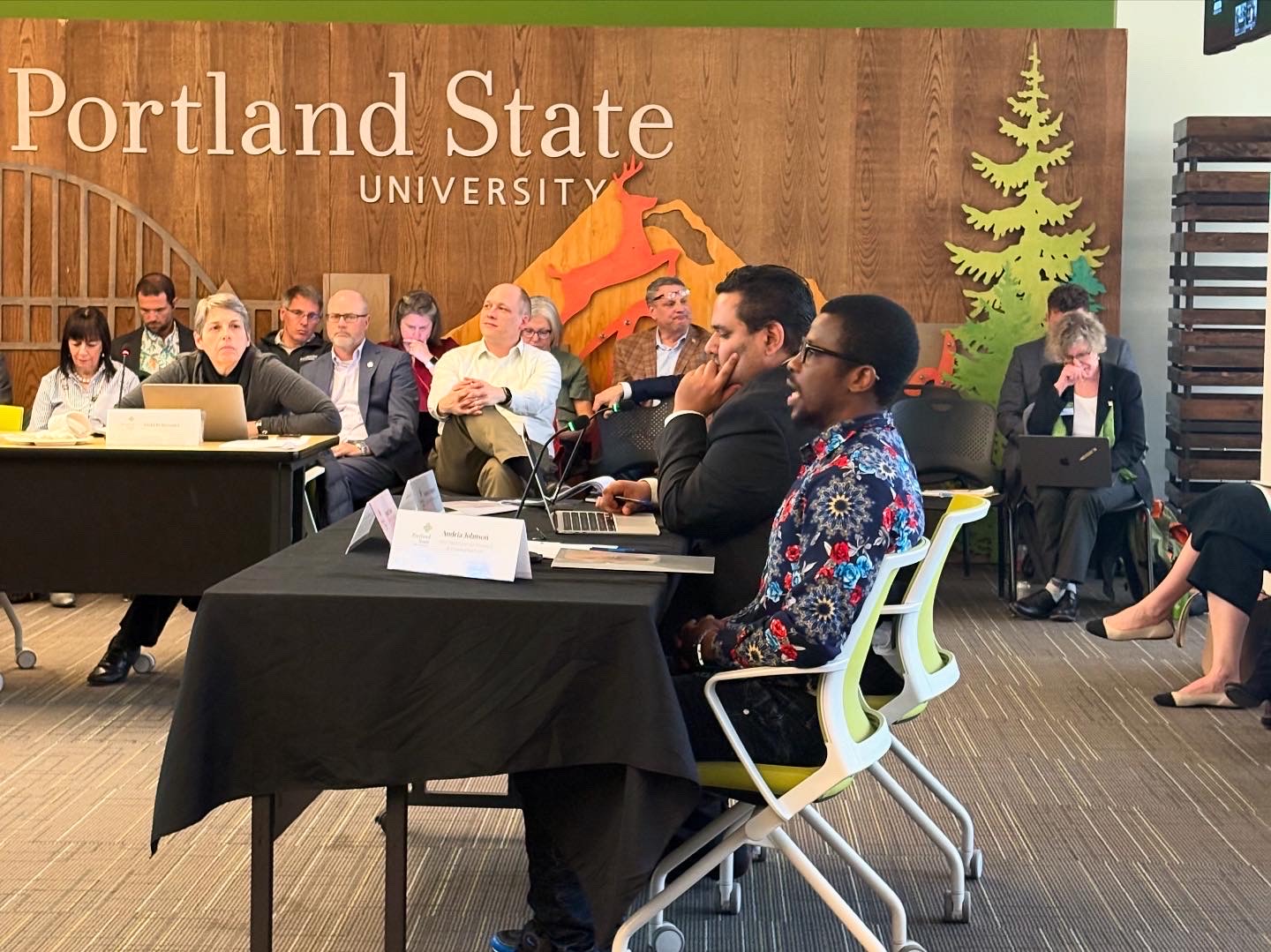Chris Coleman, director and adaptor of Portland Center Stage’s production of Astoria: Part One, opened the performance just below center stage, asking the audience: “Are you ready?”
It was clear from the cheers of the audience that there was a special night ahead, and the following two and a half hours didn’t disappoint—as illustrated by the standing ovation at the end of the performance.
Astoria (Part One), adapted from Peter Stark’s book Astoria: John Jacob Astor and Thomas Jefferson’s Lost Pacific Empire, A Story of Wealth, Ambition and Survival, chronicles a westward expedition undertaken six years following Lewis and Clark’s. John Jacob Astor and Thomas Jefferson sponsored the expedition for the purpose of establishing a western settlement and creating a fur empire in the as-yet-untapped Pacific Northwest. By the time the travelers made it to what became known as Astoria, nearly half had died due to violence, mental strain, and poor management and planning.
As Astoria opens, ocean sounds filter in while the various players announce their presence on stage. We are introduced first to John Jacob Astor (played by Drammy-winner Leif Norby), his background as a businessman, and his initial idea to establish a fur empire in the northwest. The effect is like being slowly led into a storybook.
Each cast member plays upward of three different characters, from key players to members of the ensemble—all distinguishable by costuming and dialect differences.
History lovers will delight in the details and research that went into production, particularly in regard to language and 19th-century travel. It was clear from the moment the lights dimmed how much care went into Astoria.
Throughout the performance, the two parties encounter members of Arikara, Iowa, Shoshone, and Hawaiian nations. Dialect director Mary McDonald-Lewis utilized Elwood Mose’s and Loren Yellow Bird Sr.’s expertise in bringing their respective languages authentically to life.
The harrowing and treacherous journey is interspersed with moments of laughter and brevity. Partway through the journey, Montreal members of the overland expedition continually ask if they’re any closer, like a small child asking “are we there yet?” on a car trip. When the sea party finally sets foot on land, a Canadian-Scottish outdoorsman remarks, “She’ll dry out surely—when the sun comes out,” eliciting titters from the audience.
Although the play’s events take place in the early 19th century, there are moments where one can’t help but be reminded of the current state of the country. In the midst of the expedition, one character remarks: “That’s the beauty of a democracy—you can make your own choice.” It’s hard not to think about how few choices we seem to have in our own democracy.
The narrative, having begun with an inhale closes with an exhale, further emphasizing the weight of the story’s events.
Following record-breaking sales before opening night, PCS extended Astoria’s run for a full extra week; the show will continue through Feb. 19’s matinee. Astoria: Part Two will premiere in January 2018.
Visit pcs.org/astoria-part-one for more information. Portland Center Stage participates in Arts for All, run by the Regional Arts and Culture Council, a program which gives Oregon Trail Card holders the opportunity to purchase $5 tickets for performances at the Armory.






